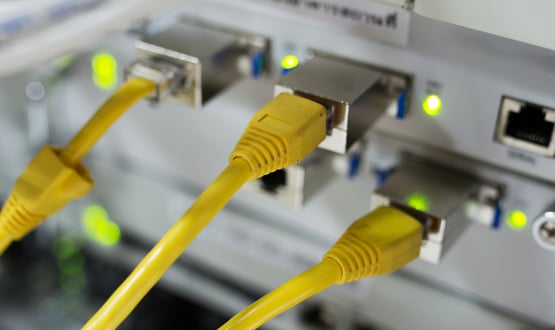Carelink passes HSCN migration ‘milestone’
- 10 April 2018

Carelink, the UK healthcare managed infrastructure and network services business of Piksel, has migrated its managed cloud and infrastructure as a service (IaaS) customers to the Health and Social Care Network.
The migration to the Health and Social Care Network (HSCN) involved seventy customer organisations that deliver “round the clock” services to the health and social care sector, at local and national level. Carelink called the completion of the work “a significant milestone” in the roll out of its HSCN connected services.
Carelink – not to be confused with Medtronic’s CareLink – achieved HSCN Stage 2 compliance to become a Consumer Network Services Provider (CNSP) in February. Other notable suppliers to have receive accreditation in recent months include Virgin Media Business and Manchester-based UKFast.
HSCN connectivity aims to deliver more a reliable, cost efficient and flexible way for UK health and social care organisations to access and exchange electronic data, as well as take advantage of new technologies such as machine learning.
Connectivity will be delivered by a variety of suppliers, both centrally and locally, and will see BT relinquish its 15-year monopoly on the current National Healthcare network, N3.
There are currently 13,500 NHS organisations using N3, all of which are required to migrate services to HSCN by August 2020. HSCN went live with its first customer in October 2017.
Carelink customer Clevermed, a medical software company, relies on hosted infrastructure services to support its BadgerNet Maternity and Neonatal live care record services.
Commenting on the migration, Peter Badger, managing director at Clevermed, said: “The move to HSCN is a game changer for our business – it promises a dramatic increase in speed and bandwidth of our BadgerNet applications.
“With the N3 connection we were constantly relying on Carelink to try to load balance during peak traffic times such as the routine patient clinics and ward rounds. HSCN connectivity ensures this is a problem of the past and will make a real impact on patient care in over 220 NHS hospitals throughout the UK.”




